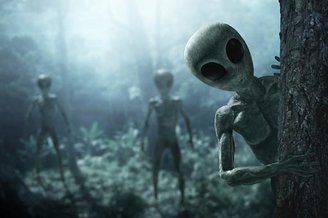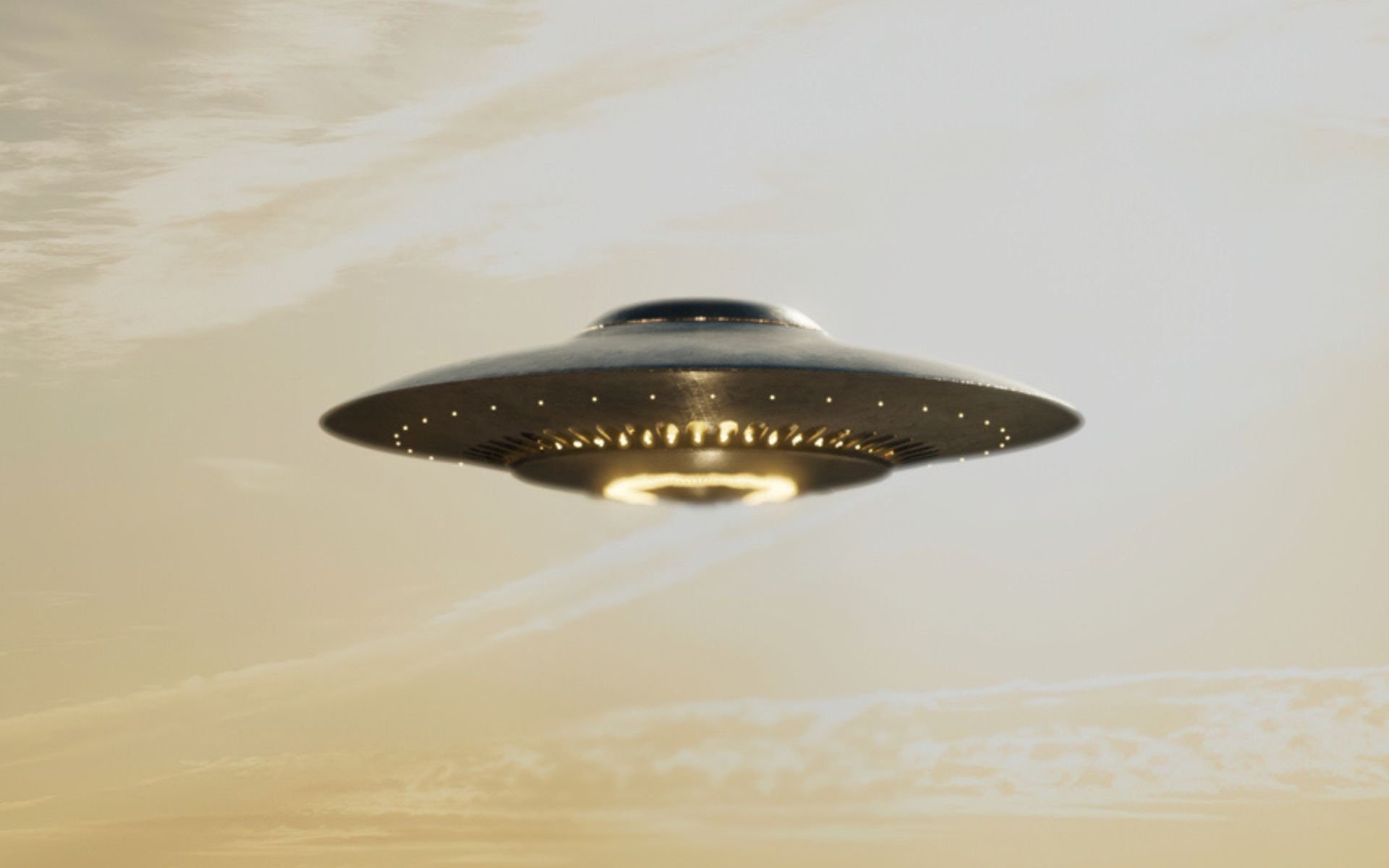Do aliens really exist? The truth is that there is still no real evidence of the existence of extraterrestrials, only sightings of Unidentified Flying Objects (UFOs, UFOs or UAPs). According to a new study published in the scientific journal Nature Astronomy, The answer to this cosmic question may lie in the Zoo Hypothesis.
What is the Zoo Hypothesis?
After analyzing the Fermi Paradox, proposed by Italian physicist Enrico Fermi in 1950, scientist John Allen Ball theorized an explanation for why we have not yet made any contact with extraterrestrials.
The theory was: Called the Zoo Hypothesis, which proposes that aliens exist but are hiding from humanity. In other words, It’s as if these extraterrestrials were guardians of a huge zoo called Earth, which includes humans.
According to new research, scientists suggest that the Fermi Paradox is not the most suitable theory to theorize the existence of aliens. Thus, they suggest that perhaps the solution to this primordial problem has to do with the Zoo Hypothesis, or it has nothing to do with anything at all.
In other words, researchers explain that either ETs exist and are hiding from us, or they do not exist and life may be rarer than we think.
“Among the recently popular ideas about extraterrestrial intelligence, the idea that ‘they’ are trying to talk to us has many adherents. This idea doesn’t seem right to me, and the zoo hypothesis is actually its antithesis. “I believe the only way to understand the apparent lack of interaction between ‘them’ and us is to assume that they have deliberately avoided interaction and have designated the area in which we live as a zoo,” explains Ball.
Zoo Hypothesis
The Fermi Paradox explains that there is a paradox regarding the existence of extraterrestrial life in our universe. Finally, If the universe is so vast and there are so many astronomical analysis technologies, why haven’t we found concrete evidence of life beyond Earth? The theory was created by Fermi during a discussion in 1950.
As the new paper explains, it is necessary to collect more data in the space environment, such as biosignatures and technosignatures, to enable possible detection of extraterrestrial life.
There are only two options for researchers; Either other civilizations that are supposed to exist in the universe are extremely rare or non-existent, or they exist and are deliberately hiding themselves from humanity.

“The longer we go without detecting any signs of advanced intelligent life around us, the less likely it is that the zoo hypothesis will become an explanation, forcing us to conclude that technologically intelligent life is rare in the universe. In this sense, we propose that the solution to the Fermi paradox is the zoo hypothesis or nothing,” the new study team concludes.
Did you like the content? So, stay up to date with all the studies on extraterrestrial life at TecMundo. If you want, take the opportunity to discover how ‘terraforming’ aliens could help us detect them.
Source: Tec Mundo
I’m Blaine Morgan, an experienced journalist and writer with over 8 years of experience in the tech industry. My expertise lies in writing about technology news and trends, covering everything from cutting-edge gadgets to emerging software developments. I’ve written for several leading publications including Gadget Onus where I am an author.













